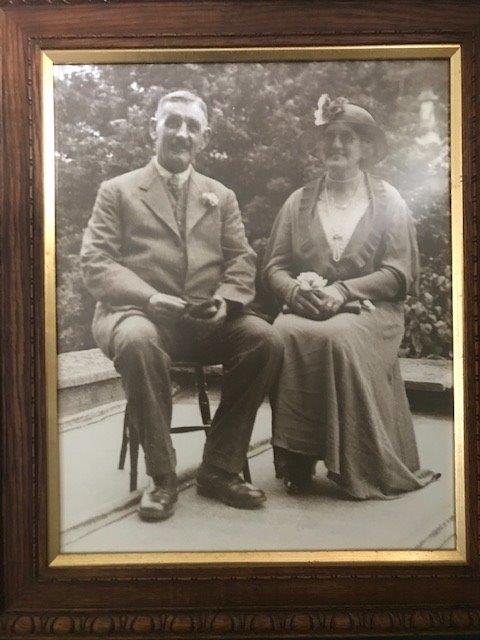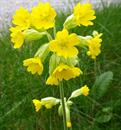In July 2023 I discovered, in a box of papers in my study, a large manila envelope. It was addressed to me, in a hand I did not know, at Sutton Bonington, where I was between 1968 and 1971.
In the envelope was a manuscript. It has become the focus of my time in the study and the main reason for being unblogged.

It is about 120 pages of typed material on onion skin paper. It is George Gregory, Tauri’s great-grandfather, speaking from the grave which is my study.
That is even more telling now that social media records everything, with none of it being entirely lost to the public record.

A quick glance at the manuscript revealed the treasure that it is. It is essentially George’s autobiography, from 1879 to 1940. Much of the material is about the characters in his family and those with whom they lived, worked and socialised. He describes the experience of going to the Boer War and witnessing Queen Victoria’s funeral in London. On one of several occasions when the author reflects on the cruelty of Nature relative to that of children, he describes his horror on finding fly-blown sheep and with the use of a certain kind of rabbit trap.
The narrative is a treasuretrove of insights into the way isolated rural communities were made up and maintained in the hundred years from 1850 to 1950. He describes in great detail the countryside of Exmoor and North Somerset (around Lynton and Minehead) and the deep respect and love he has for it. His descriptions of the combes, the sea and the built infrastructure of roads and farms are both informative and richly poetic. They are the context within which he courts his wife and gets to know her family.

Then the reader finds him espousing progressive views on (to mention just two) sex education in schools and the way poor people are treated in the workhouses. He – a farmer, not a lawyer – writes of the need for families to share deer meat ‘under the rose’.
It was hard to reconcile the contents and style of the document (described at one place by its author as “a book”) with my father’s father. Of grandfather George I could bring to mind just a single image and nothing more of fact than that he was a farmer near Exmoor, on the border between Somerset and Devon.

The find is exciting and it is reprehensible to have kept it from the family and other public gaze for so long. I feel a responsibility to honour the piece and the man who wrote it.
Beyond that, nothing is yet clear about what can or should be done with it. But it’s taking up a lot of time.
